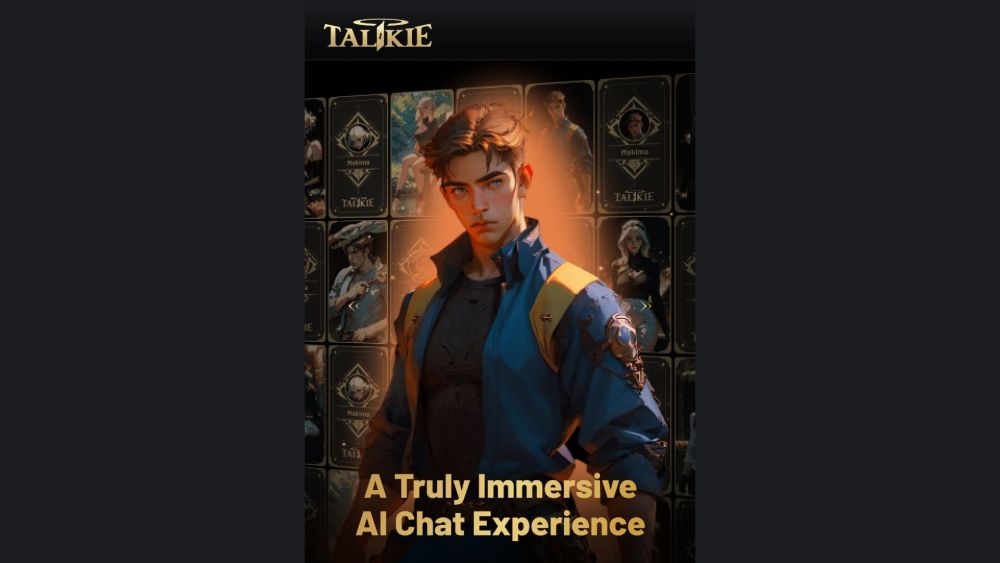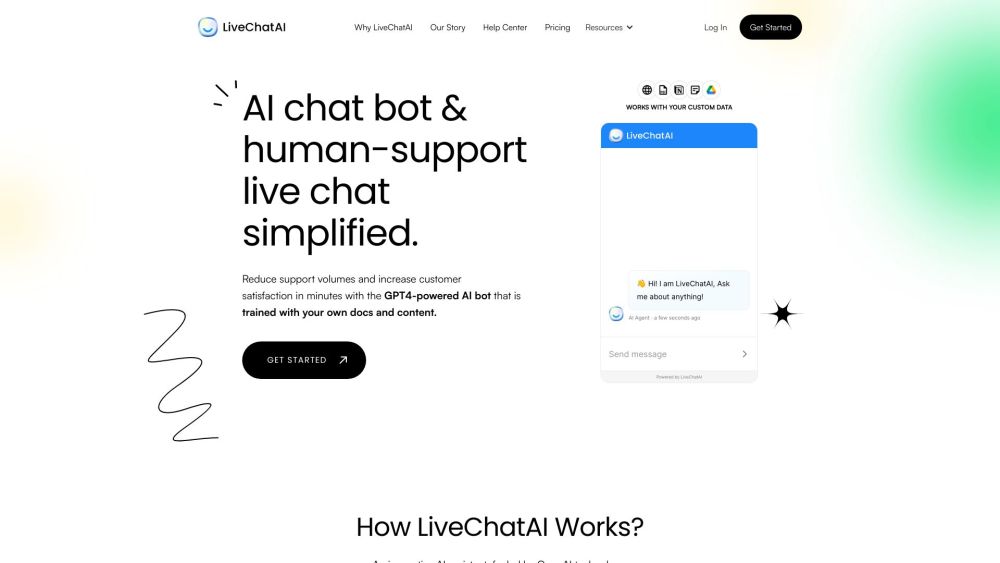AI: Enhancing Game Development, Not Just Shortening It
Most people like

Talkie is an innovative platform that empowers users to transform their online personas and connect with diverse individuals and experiences. Whether you're looking to explore new identities or engage with a wide range of virtual encounters, Talkie provides a unique space to meet anyone and anything in the digital realm.

Introducing an intelligent assistant equipped with limitless memory capabilities. This advanced tool not only remembers everything but also enhances your productivity and efficiency, transforming the way you manage tasks and information. Discover how this powerful resource can revolutionize your daily routines and keep your life organized effortlessly.

Enhance Your Customer Support Experience with AI Chatbots and Live Chat Solutions
In today’s fast-paced digital landscape, delivering exceptional customer support is essential. By integrating AI chatbots alongside live chat options, businesses can streamline their customer service operations, providing instant assistance and personalized interactions that boost satisfaction and efficiency. Discover how these innovative tools can transform your support strategy and elevate your customer experience.
Find AI tools in YBX
Related Articles
Refresh Articles

